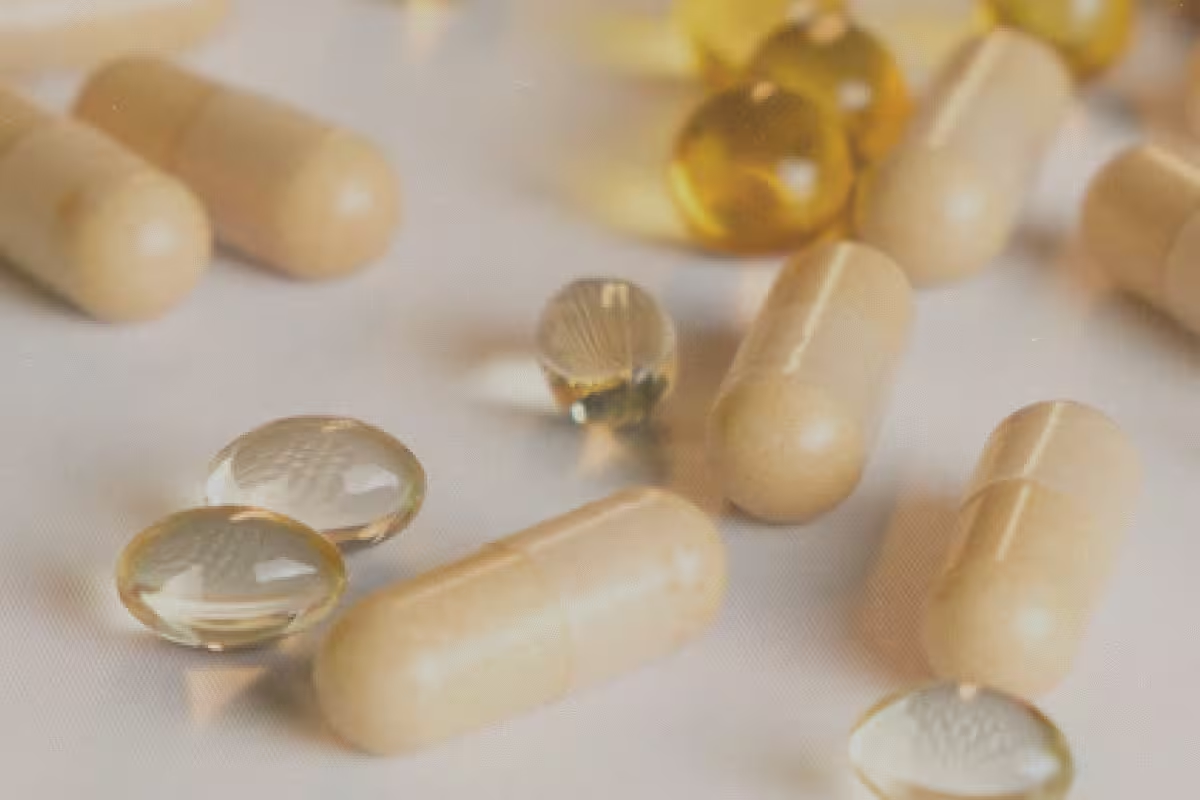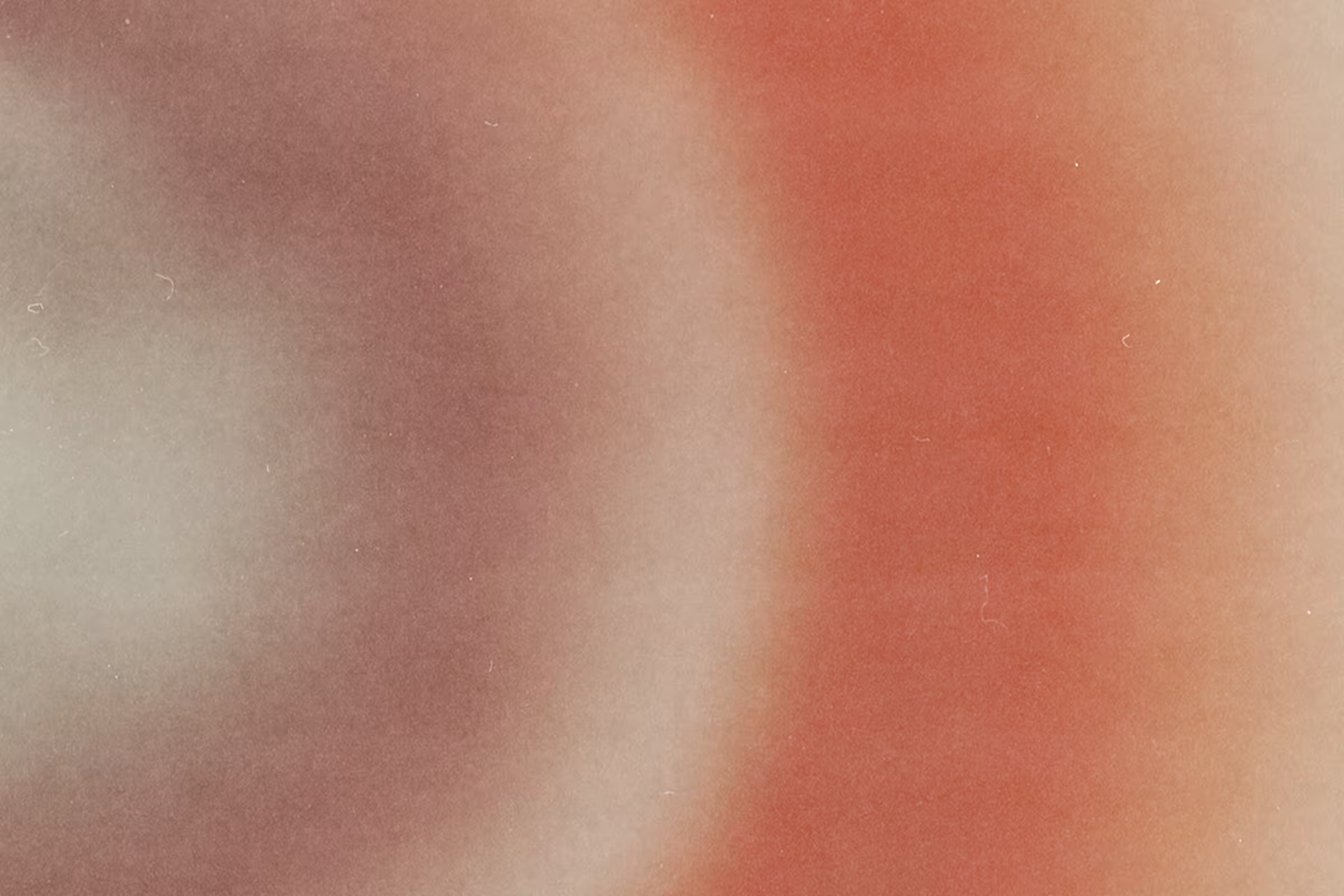

Vulvar Lichen Sclerosus: Causes, Symptoms and Treatments
Learn about vulvar lichen sclerosus, including what causes it, symptoms to watch for, and effective treatment options.
Words by Olivia Cassano
Scientifically edited by Dana Alloy
Medically reviewed by Dr. Christine Vo, MD
Itching and dryness are symptoms of many common vaginal conditions, and although you may be used to vaginal itching as a result of a yeast infection, it can also be a symptom of a little-known skin condition called vulvar lichen sclerosus.
Lichen sclerosus can affect anyone regardless of age or sex, but people with vaginas are more likely to have it — especially after going through menopause. Below is everything you need to know about vulvar lichen sclerosus, including symptoms, potential causes, and treatment.
What is vulvar lichen sclerosus?
Lichen sclerosus is a long-term inflammatory skin condition that causes white, wrinkly, dry patches on the genital skin (vulva and anus). These patches can look shiny and sometimes thickened or raised. In some cases, lichen sclerosus can also appear on the upper body, like the arms and breasts.
Although it’s uncommon and not contagious (it can’t be passed on during sex) lichen sclerosus can seriously impact a person’s quality of life, including their sex life. It can also lead to an increased risk of skin cancer.
Vulvar lichen sclerosus symptoms
The symptoms of lichen sclerosus will vary from person to person, and some people might not even experience any symptoms. If they do, the most common symptoms of lichen sclerosus include:
- Dry, white patches on the vulvar skin
- Itching and soreness of the vulva (which can get worse at night)
- Genital lesions and bruising
- Discomfort and pain around the vulva and vagina
- Painful sexual intercourse
- Bleeding, blistering, or ulcers (in severe cases).
If left untreated, lichen sclerosus can lead to serious complications. Women with lichen sclerosus have a slightly higher risk of developing a type of skin cancer called vulvar squamous cell carcinoma.
In rare cases, untreated lichen sclerosus can cause severe scarring on the labia minora, labia majora, clitoris, and vagina, which makes having sex and going to the bathroom painful and difficult.

Recurrent symptoms? Get Evvy's at-home vaginal microbiome test, designed by leading OB-GYNs.
What causes vulvar lichen sclerosus? Is it an autoimmune disease?
Frustratingly, researchers still don’t know what causes lichen sclerosus. The main theory is that it’s caused by an autoimmune disease, which is when the body’s immune system is “overactive” and attacks healthy cells for unknown reasons.
Studies have shown that women with lichen sclerosus are more likely to have an autoimmune disease like:
- Diabetes
- Alopecia areata
- Anemia
- Thyroid disease
- Vitiligo.
While lichen sclerosus has been linked to the formation of certain antibodies, there’s still no conclusive evidence suggesting that lichen sclerosus is itself an autoimmune disorder.
Since vulvar lichen sclerosus affects girls before puberty and postmenopausal women, some researchers believe low levels of reproductive hormones like estrogen may play a role.
Some researchers believe that other potential causes for lichen sclerosus include:
- Genetics
- Oxidative stress
- Trauma from past sexual abuse
However, there’s still no consensus on whether these factors directly cause vulvar lichen sclerosus. While the exact cause is unknown, several risk factors such as older age, longer duration of LS, and coexistent chlamydia infection have been identified.
How to treat vulvar lichen sclerosus
Doctors can diagnose lichen sclerosus based on clinical examination, which often involves taking a small skin biopsy to confirm the diagnosis.
Once lichen sclerosus is diagnosed, treatment options can be discussed to manage symptoms and prevent the condition from worsening.
Since doctors don’t know what causes vulvar lichen sclerosus, there’s no known cure. However, there are treatment options to help manage symptoms and keep lichen sclerosus treated effectively.
You’ll likely have to keep treating vulvar lichen sclerosus because it doesn’t go away on its own, and can worsen if left untreated. Untreated lichen sclerosus can also increase risk of skin cancer.
The most common treatment for lichen sclerosus is topical steroids applied to the affected skin to reduce inflammation and soften the skin. If corticosteroids don’t work — or aren’t suited for you — you may be prescribed topical calcineurin inhibitors (tacrolimus and pimecrolimus), which stop your immune system from attacking healthy skin. These creams reduce itching and inflammation and are commonly used to treat eczema.
Lifestyle and home remedies
It’s really important that you see your healthcare provider if you spot symptoms of lichen sclerosus so they can recommend the best treatment. That being said, there are a few lifestyle and self-care remedies to implement to manage vulvar lichen sclerosus.
Some things you can do to help treat lichen sclerosus are:
- Apply a moisturizer or emollient to the affected skin.
- Use lube to reduce discomfort during sex. In the case of scarring, vaginal dilators can help.
- Avoid using fragranced or harsh soaps.
- Ease burning with cool compresses or ice packs.
- Try to avoid tight clothing.
- Take an antihistamine to control any itching.
Some believe that changing your diet can help with lichen sclerosus, but sadly there’s no evidence to support this.
FAQ
What causes vulvar lichen sclerosus?
We still don't know what causes lichen sclerosus. One idea is that it happens because the immune system becomes overactive and starts attacking healthy cells. Studies have shown that women with lichen sclerosus are more likely to have other autoimmune diseases. Some researchers think that low levels of the hormone estrogen might also have a role, especially because vulvar lichen sclerosus often affects girls before puberty and women after menopause. Other possible causes being looked into include a genetic predisposition, oxidative stress, and past sexual trauma, but there's no agreement on whether these factors are direct causes.
What is the best treatment for vulvar lichen sclerosus?
Since there's no cure for lichen sclerosus, the goal of treatment is to ease symptoms like itch and pain and reduce skin inflammation to prevent scarring. Lichen sclerosus treatment includes topical steroids and over-the-counter emollient creams, usually applied daily until symptoms improve. Early treatment is important because untreated lichen sclerosus can increase risk of skin cancer.
What food should you avoid if you have lichen sclerosus?
There’s no evidence that your diet is linked to lichen sclerosus, so you don’t have to avoid any foods if you have the condition — unless you don’t like them and/or are allergic!





